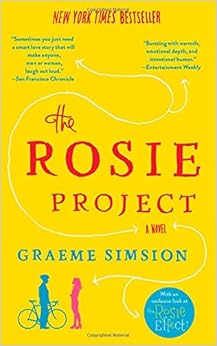The transcript of the 2012 commencement address given by Gaiman at Philadelphia’s University of the Arts, this is an inspirational and often amusing little book filled with wit and words of wisdom.
Though he is specifically speaking to students graduating from an art program, his messages are universal, such as: doing and failing is better than not trying at all, as long as you do your best, and stay true to yourself.
Emphasized throughout is the message that everyone makes mistakes, and the sooner you can accept that, the better equipped you’ll be to deal with whatever mistakes you make. And certainly that creativity is a gift everyone should nurture and apply anywhere they can.
Gaiman's inspiring words of wisdom are brilliantly presented in this book via the graphic design of Chip Kidd, who perfectly captures the whimsy and enthusiasm of Gaiman's spoken words.
Very uplifting for 30 minutes of reading!
"If you're making mistakes, it means you're out there doing something. And the mistakes in themselves can be useful. I once missspelled Caroline, in a letter, transposing the a and the o, and I thought, 'Coraline looks like a real name...'"Keep reading! Beth
 |
| via http://elleofeight.com/2015/02/17/make-good-art/ |

